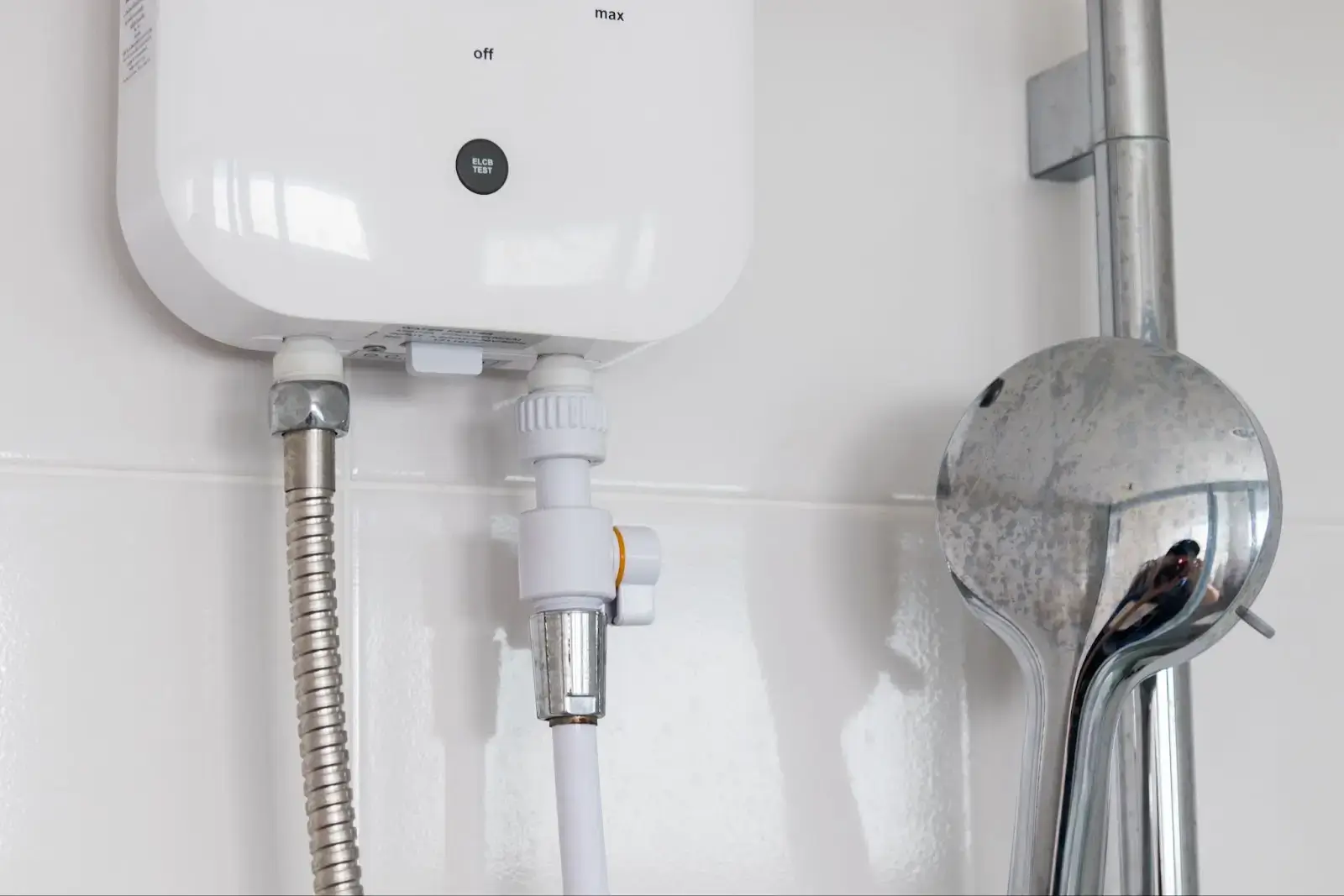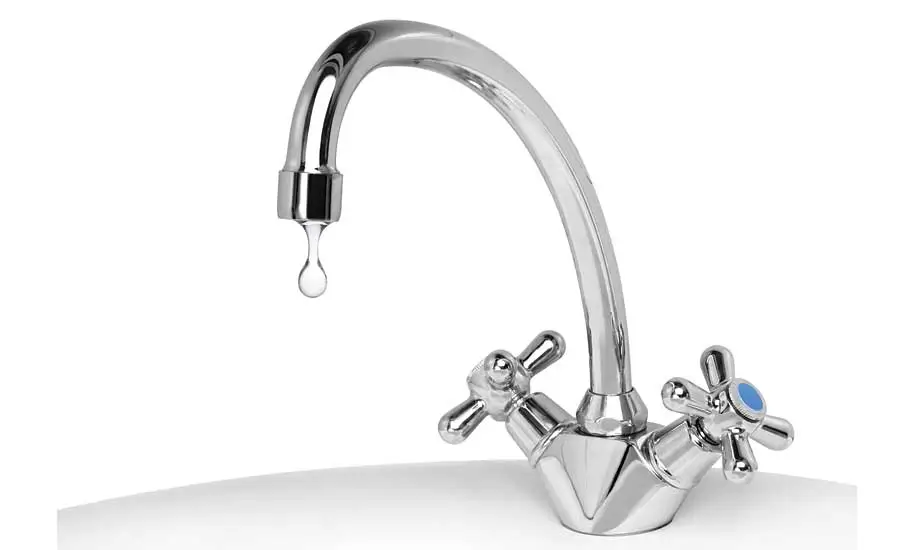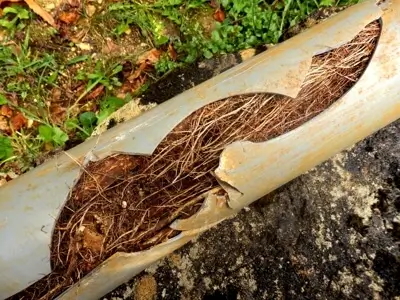If you have ever had the misfortune of experiencing a total cooling system shutdown mid-season, you know how sweltering summertimes in Oregon can be.
Unfortunately, shutting down isn't the only thing that can hinder your air conditioner from properly cooling your home.
If everything is seemingly in order with your AC system except for adequately cooling the house, don't hesitate to call a professional for help.
For now, only one component may be to blame, but the entire system of your air conditioner is at risk of malfunctioning.
An air conditioner running with a refrigerant leak or frozen evaporator coil may have trouble blowing cold air.
Some things are easier to manage and can quickly be remedied by reliable professionals.
However, things can go awry rather quickly, and you must act fast at the first sign of trouble.
AC isn't Cooling the House
Depending on your air conditioning system, its subpar performance may be due to various factors.
A dirty air filter is typically the reason behind all air conditioning systems not fulfilling the appropriate cooling process.
The AC system's air filter is accessible to some users, allowing them to clean or change it themselves in Do It Yourself fashion.
The easiest thing you can do yourself is clean air filters if they are accessible to you or remove anything that you think is blocking outdoor air from getting into your outdoor systems.
The condenser unit may not receive enough air outside to distribute into the indoor portion of the air conditioner system.
However, congestion and clogging may be blamed on the volume of contaminants and other airborne particles if they are processing enough outdoor air.
A clogged condenser coil can't extract the heat from the air inside, making it harder to lower temperatures effectively.
However, the accessibility of inspecting and cleaning a dirty filter may not be present in your air conditioner.
When to Call for Air Conditioning Services
A central air conditioning system with ductwork requires more experience to manage.
Unless homeowners are willing to crawl into air ducts to give their entire system a thorough cleaning, calling a professional may be a more suitable alternative.
Additionally, an air conditioner could be facing more serious issues. It is hazardous for users to dismantle and tinker with their air conditioners by themselves.
The hazards include:
- Electrocution
- Burns
- Cuts
- Scrapes
- Bruises
- Concussion
If you hear strange noises, unusual vibrations, or see vigorous shaking from your AC unit, you shouldn't attempt to DIY any of its repairs.
Call an experienced HVAC technician to conduct a professional inspection whenever you think something is wrong with your AC system.
Your AC unit is far more sophisticated than you think. More than blowing air in and out of your home, it plays a large role in determining your home's overall air quality.
What is Indoor Air Quality?
Indoor Air Quality (IAQ) defines the quality of breathable air inside and around buildings. Your home can have lower IAQ values, resulting in poor indoor air conditions.
You have better chances of sustaining higher IAQ values if your cooling systems are blowing well-conditioned air.
Even if your outdoor units absorb low-quality air outdoors, their built-in filters and conditioners may still produce high-quality air indoors.
Remember, there are various pollutants outdoors and indoors. A dirty air filter can increase contamination and greatly reduce your IAQ if you don't routinely clean your air conditioners.
Since central AC system's indoor units operate through air ducts, linking all airflow, the risk of total contamination is higher for homes with a central air conditioner. One dirty air filter can ruin it for everyone enjoying the cold air blowing throughout your home.
This isn't exclusive to cool air. Even warm indoor air poses a threat. If your air handler cooling the house isn't your preference, heat pumps that produce warm air come with their own troubles.
Heat Pump System
A heat pump system comes with every air conditioner, and it deals with the overall management of heat energy.
It extracts or distributes heat energy depending on your air conditioner system's thermostat settings.
Not many are aware of this, but a heat pump is a fixture that can stand independently. It doesn't have all the complexities of an air conditioner, but its more direct systems can properly cool or warm your home with less impact on your energy bills.
A heat pump is a more compact air handler that facilitates heat according to your preferred temperature setting with less energy consumption.
Although it's called a heat pump, it can help cool air by filtering out ambient heat. It is the role it plays within HVAC systems.
Some air conditioners come at higher prices, but inside you will find many components you might not have with a heat pump.
How Does an Air Conditioner Cool Air?
Your air conditioner is more intricate than you think, from its fan coil cabinet to its refrigerant lines.
The three major steps to cool air include:
- The outdoor unit takes air from the outside.
- The input of air is properly conditioned.
- While the indoor air handler unit is drawing heat energy from indoors, it is simultaneously replacing it with newly conditioned air.
It's that simple. However, quality air production depends on how well the indoor and outdoor unit components work alone and together.
Breaking Down Your AC System
There are at least six significant components. Faltering or underperforming can cause a domino effect on the rest and lead to a total system shutdown.
What's Under the Hood?
The two major components that house components are the indoor unit and the outdoor condenser unit. Although they share many similarities, there are fundamental differences between the two. Still, various fans, motors, filters, and coils comprise both units.
Outdoor Unit
You will find the condenser fan, coil cabinet, compressor, and motors within the condenser unit. They are larger than indoor units, weather-resistant, and should not be placed directly in front of sunlight.
Condenser Coil
The outdoor coil typically looks like copper tubing. It holds refrigerant in its liquid state and helps regulate overall refrigerant levels. An air conditioner not cooling the house can be thanks to a refrigerant leak caused by freezing or an accumulation of particles in its copper refrigerant tubing. A frozen or dirty coil can cause compressor malfunctions.
Compressor
The compressor manages the distribution of refrigerants. It uses varying pressures to convert liquid refrigerant to gaseous for indoor diffusion. A faulty compressor hinders the proper circulation of refrigerants, and your indoor unit won't be able to produce cool air.
Indoor Unit
Central, window, and mini-split systems have varying indoor units. They don't all look alike, and their preferential placements vary. What they do have in common is an indoor evaporator coil, air filter, and blower motors comprise.
Air Filter
Here the air absorbed by the condenser unit is filtered and screened for pollutants. It ensures airborne particles don't make it indoors or contaminate the rest of the AC system.
Evaporator Coil
The evaporator coil receives the refrigerant produced by the compressor and simultaneously extracts heat indoors through the cold refrigerant. Your AC will no longer direct efforts to lower indoor temperatures. A frozen evaporator coil won't be able to manage heat and can trick the system into thinking your AC unit has reached optimal levels of cooler temperatures.
What to Do About Your Air Conditioner Not Cooling Your Home
If an air conditioner not cooling your home is the stuff of your nightmares, ensure you take the appropriate steps for prevention. The proper installation and regular maintenance of air conditioners are the best preventive measures you can take against experiencing faulty systems in the future.
Air Conditioner Specialists You Can Trust
If you settle for less reliable contractors, you might face more issues later on than you think. An improperly installed unit can lead to short-circuiting and leaks, which can be hazardous to use and reflect surges in your energy bills. While less experienced contractors may install systems correctly, insufficient maintenance can lead to irreversible damages. Schedule an annual pre-season tune-up with professional and reliable technicians to maintain good air quality and avoid health and comfort problems.
Sunset Heating and Cooling Electrical
We have been in business for over one hundred years. Our Sunset Heating and Cooling Electrical team can help revitalize older air conditioning systems and work around newer innovations. We possess the necessary skills, equipment, and transparency you can't find with most contractors.
We like to pay attention to detail. We strive to execute even the simplest tasks meticulously. If your condenser is clogged, we don't just hose it down. We clean it as carefully and thoroughly as possible using vacuums with a brush attachment to get rid of grease, grime, and other debris while avoiding causing any damage to the rest of your air conditioner.
Call (503) 500-5866
Visit our website to know more or give us a call for your more urgent concerns.







